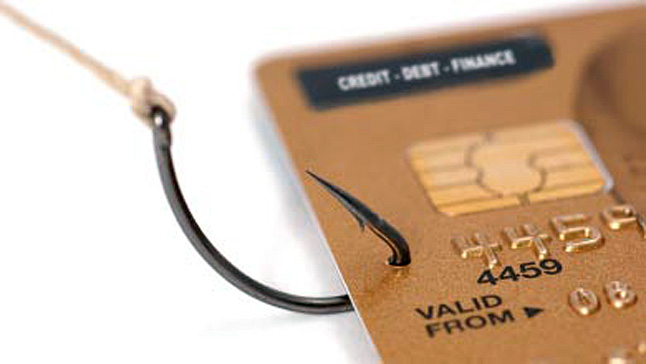
The RCMP are issuing a heads-up for everyone regarding the latest in credit card fraud, the Card Info Scam.
“This one is pretty slick because they provide you with all of the information except the one piece they want from you, the security number on the back of your card,” says a statement from the RCMP. “By understanding how this credit card scam works you will be better prepared to protect yourself.”
According to Const Angela Rabut, of the Terrace RCMP detachment, the scam works like this – Person calling says, “This is (name) and I’m calling from the Security and Fraud Department at (Credit Card Company). My Badge number is (number). Your card has been flagged for an unusual purchase pattern and I’m calling to verify. This would be on your Credit Card which was issued by (name of Bank). Did you purchase an (item and dollar amount) from (location)?” When you say no the caller continues with, “Then we will be issuing a credit to your account. This is a company we have been watching and the charges are just under the $500 purchase pattern that flags most cards. Before your next statement the credit will be sent to (gives your address). Is this correct?” After you say yes the caller continues, “I will be starting a Fraud Investigation. If you have questions, you should call the 1-800 number listed on the back of your card and ask for Security. You will need to refer to this Control Number (the caller gives you a number). Do you need me to read it again?”
Here is the important part… how the scam works.
The caller then says, “I need to verify that you are in possession of your card. Turn your card over and look for some numbers. There are seven numbers. The first four are part of your card number. The last three are the Security Numbers that verify you are the possessor of the card. These are the numbers you sometimes use to make Internet purchases to prove you have the card. Read these numbers to me please.” After you have told the caller the three numbers, they will say, “That is correct. I just needed to verify that the card has not been lost or stolen, and that you still have your card. Do you have any other questions?” After you say no the caller thanks you and hangs up.
“You actually say very little. What the scammer wants is the three-digit Security number on the back of the credit card. With this number they can make purchases. Don’t give it to them. Instead, tell them you are going to call the credit card company yourself for verification of the conversation. Credit cards companies will never ask for information because they already have that information since they issued the card to you in the first place. By the time you get your statement you will see charges for purchases you did not make and by then it is too late or more difficult to file a fraud report with the Credit Card Company,” Rabut said in the statement.
For more information visit the Canadian Anti-Fraud Centre at www.antifraudcentre-centreantifraude.ca.



